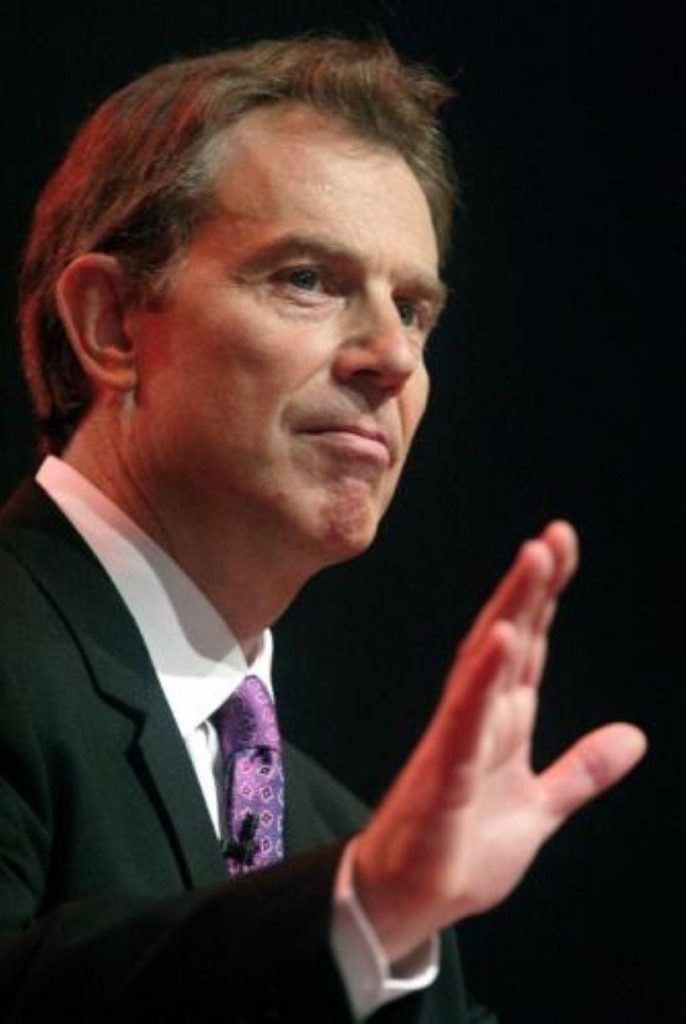Blair refuses to budge on terror law
Tony Blair has said he would not make any more concessions on the Government’s anti-terror legislation.
Prime Minister’s Question Time in the House of Commons this lunchtime saw Mr Blair come under intense pressure from the Conservatives and the Liberal Democrats who want further substantial changes made to the bill.
The Government has accepted the amendment that judges, rather than politicians, will issue control orders and has also offered an annual review of the legislation.
But the Prime Minister said he would not budge on two other amendments passed by the House of Lords which would see the burden of proof raised to ‘balance of probabilities’ and the legislation expire in November – the ‘sunset clause’.


Both the Conservative and Liberal Democrat leaders devoted all of their questions in the Commons to the future of the bill.
Tory leader Michael Howard demanded to know whether, given the scale of the defeat in the Lords, the Prime Minister could now reconsider the sunset clause so that Parliament had a “proper opportunity” to consider the legislation.
In a heated debate, he accused Mr Blair of actually wanting the legislation to fail as “he wants to pretend that he is the only one who is tough on terror”.
Mr Howard insisted there was no logic in the Government rejecting further concessions and so potentially losing the bill in its entirety.
But Mr Blair said the Government was not prepared to move further, saying it would be “contrary to the strong advice from police and security services”.
He said he was “simply not prepared” to go against that advice, adding: “We need these control orders, we need them on the basis of reasonable suspicion”
Mr Blair said he could not accept the sunset clause as there needed to be a “clear signal that this legislation is on the statue books and will remain on the statute books” – and suggested the Tory motivation to return to the Bill at a later date was to oppose control orders in principal.
He said his opponents were going to have to come to a decision whether or not to accept the legislation, as he believed the Government had done its best to meet “reasonable concerns. “
“If they want to vote against it let them, we will be content ultimately to have the vote of the country on it”, he added.
Liberal Democrat leader Charles Kennedy also called on the Prime Minister to back down on two issues – the level of proof required and the right of an individual to know on what basis they were charged.
Citing the calibre of those in the Lords who had backed the provisions, Mr Kennedy said that their views could not be dismissed and urged Mr Blair to “rediscover his reverse gear” and put the fundamental liberties of the people ahead of political pride.
But Mr Blair insisted that the burden of proof of reasonable suspicion was needed and said he was sorry the party could not support the bill.
He added: “Should any terrorist attack occur there will not be a debate about civil liberties” and he believed that “one basic civil liberty is the right to life”.












